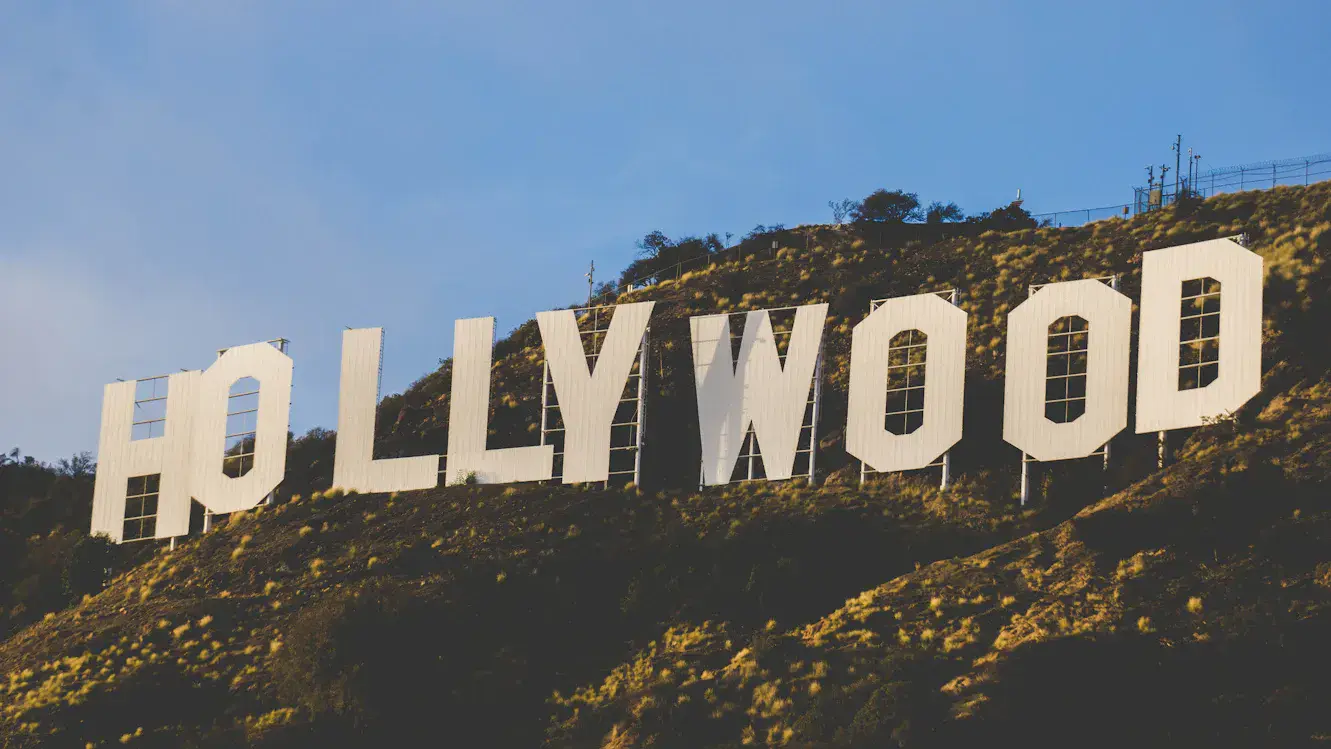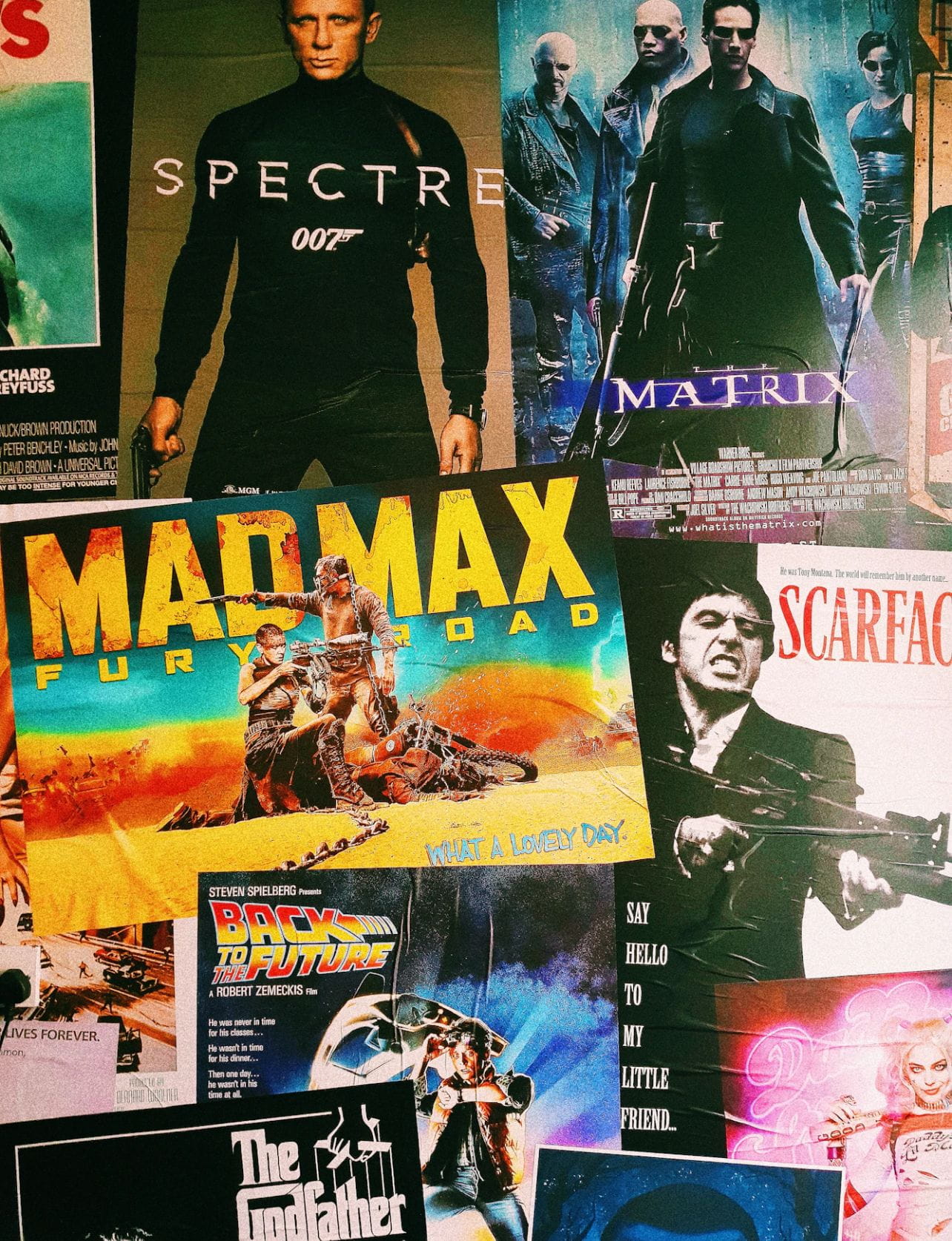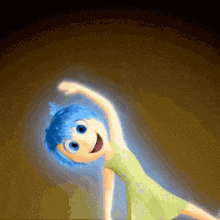For the past 15 years or so, Hollywood has been extremely dependent on franchise films and book adaptations.
Most recently, the industry has even started adapting video game scripts onto the big screen. For example, last year, the mega-hit, “The Super Mario Bros Movie” made over $1,3 billion at the global box office, one of the highest-grossing films of all time, and the third highest-grossing animated film of all time.
Meanwhile, on the TV side, on the streaming platform HBOMAX, the videogame phenomenon that is “The Last of Us” was also turned into a TV show. It became a massive success, loved by both audiences and critics. It's my favorite game of all time, and it stayed truthful to the source material, just like the way the Super Mario Bros Movie did as well.

Photo Credit: Denise Jans from Unsplash
Back in the 70s, 80s, and 90s.... this wasn't the case. At least, not quite fully.
Sure, many iconic movies such as “The Godfather”, “Jaws”, and “Jurassic Park” were based on books, but man... they did such magical work on those that many moviegoers don't even know they were book adaptations.
But the “true” originals like “Star Wars”, “Indiana Jones”, “Back to the Future”, “Ghost”, “Titanic” etc... could those be made in the Hollywood we know today? I doubt it.
The point here is... Hollywood wants to play it safe. It has been playing safe for the past decade. While it's understandable why they would play it safe and mostly green-light only known intellectual properties, it also limits the numerous filmmakers who want to share their voice and originality with us moviegoers.
Let's track step-by-step how this trend started how it became a tradition for Hollywood, and how the TV side of Hollywood works completely differently.

Let us slide into your dms 🥰
Get notified of top trending articles like this one every week! (we won't spam you)The 2000s and the Birth of Franchises
I'm no expert when it comes to factual media, but it's pretty obvious to me that Hollywood saw that franchise and IP (Intellectual Property) films were their future when two movies came out - Spider-Man (2002) and Pirates of the Caribbean (2003). Both were smash hits. Like real SMASH HITS.
One was based on a superhero property and the other on a famous Disney ride. While adapting Spider-Man to the big screen for the first time back then looked somewhat reasonable.... some moviegoers wondered if doing a film adaption based on a Disney ride was even a smart thing to do.
Then, Pirates came out. And having seen the film myself many times, all I can say is....you can never go wrong with Johnny Depp. The man's a movie star like no other.
Afterward, they made two more sequels to Spider-Man and three more to Pirates. They became household franchises. Then came Christopher Nolan's “The Dark Knight Trilogy”, which for me ‘till this day is still the greatest trilogy of all time. It completely changed cinema forever.
Hollywood’s perspective now was changing, and very quickly. But the final nail in the coffin hadn't hit yet. The industry still had original content in them, and hugely successful ones at that, with such films as 500 Days of Summer, Inglorious Bastards, Eternal Sunshine of the Spotless Mind, Inception, Slumdog Millionaire, District 9, Avatar, etc.
The early 2010s came along and with the successes of Transformers, Harry Potter, Lord of the Rings, Batman, Iron Man, Captain America, Spider-Man, Pirates, and other big franchises... none of them had still made over $1 billion at the global box office. Back then, reaching $1 billion was like reaching $2 billion today. But don't forget, only 6 films in history have reached $2 billion, so it's a very, very, very exclusive club.
So anyway, a little movie decided to come out in 2012, called “Marvel's The Avengers”. And oh boy, it didn't just exceed a billion dollars... it finished its box office run with over $1.5 billion. It was the third highest-grossing ever at the time, only behind Titanic ($2.1 billion) and Avatar ($2.7 billion). The Hollywood executives went crazy!!! I mean, how can you not?
Hollywood began quickly shining away from originals and went straight to comic book films and book adaptations. The biggest hits of the last decade were franchises such as Fifty Shades, Hunger Games, Minions, Mission Impossible, Fast & Furious, DC, Star Wars, Disney remakes, Hobbit, Jurassic, Lego, and especially Marvel.
Marvel has been known since 2019 as by far the biggest and most successful franchise of all time with the release of Avengers: Endgame, and ended up becoming the biggest movie in history ($2,8 billion). Even the idea of a “shared cinematic universe” came from the massive success of the Marvel movies, and do you want to know how many of the studios that tried replicating the idea of a cinematic universe succeeded? Not one.
I truly believe the MCU is a once-in-generational phenomenon. Now, on the TV side of Hollywood, it’s a whole different case….

Take the Quiz: Which Squid Game Player Are You?
Ever wondered which player you’d be if you found yourself in the Squid Game universe? Take this quiz to find out which character matches your perso...

Photo Credit: Charles Deluvio from Unsplash
Streaming and TV Shows Accessibility
Yep, TV shows don't play it safe. They take risks. Many of them.
It has been proven that 70% of Netflix's TV shows released every year are original and successful shows. SUCCESSFUL! That's the magic word the Hollywood executives look for in theatrically released originals.
Take these two shows for example, “Stranger Things” (2016-present) and “Euphoria” (2019-present). When Netflix released Stranger Things back in 2016, it was a risk. But it just ended up becoming the platform's biggest show ever.
On HBOMax, another big streaming platform, Euphoria, became their second-most-watched show of all time. Sure, some may say Zendaya's award-winning star power certainly helped, but having watched the show, I can say that the themes the show delved into were powerful and touching enough to bring in all audiences and reach those high numbers, especially with the teen demographic (13-18 years old).
In the same way that movies have their massively high budgets, TV shows do as well. But when you, the audience, want to watch newly- released original content, of course, it's easier and better to sit on your couch and watch a TV show rather than going to the movies and paying $15-20 per ticket to watch content you're not familiar with yet.
I believe that's exactly it. That's why original shows work, and most original theatrical films don't. If you're gonna pay money for a ticket, you would like to know what to expect and something you are already familiar with. That has been the mindset of most moviegoers for the past ten-plus years.
But up until 2019, having a beloved and popular movie star in your film could certainly still guarantee big audiences. A few examples would be, “Wolf of Wall Street” (2013), “The Revenant” (2016), and “Once Upon A Time In Hollywood” (2019).
And guess what? Do you know what all these three films have in common? They are all starred by none other than Leonardo DiCaprio.
Another thing with Hollywood this past decade is that movie stars today don't draw in audiences anymore like the way the old ones did and do. The 2010s truly was a game-changer for the whole industry… but we'll leave the “movie stars” for another article.

The Hollywood of Tomorrow
The industry is always changing and evolving. Every 10 years or so. I just gave an example of how rapidly change was made from the 2000s to the 2010s. The 2030s will certainly change again and be completely different than now.
And that's normal. That's how change happens—by evolving, hopefully forward that is. Maybe Hollywood tomorrow decides to release an original film in theaters featuring not a single well-known actor and it makes over $2 billion at the box office and is loved by audiences all over the globe.
It surely looks impossible considering today's circumstances, but James Cameron did it with Titanic in 1997, at the time the biggest box office in history. I may be wrong, but I doubt anyone even knew who DiCaprio and Kate Winslet were before that movie.
Then, Cameron surpassed himself in Titanic with Avatar in 2009 and yet again became king of the world, beating Titanic's record. That man must have a signed contract with luck, right? I mean, jeez.
So, to wrap things up, entertainment will never, ever die. The way we watch might change, but tomorrow is full of surprises. In the same way that in the ‘70s the “mafia" genre ruled the industry, the ‘80s came along, and “sci-fi” took over.
Then, the ‘90s were born, and “disaster epics” took over completely. The 2000s rolled in and “romcoms and franchises” became the next big thing. Finally, since the early 2010s, “superheroes” have ruled the industry.
But in the next decade, that will change again. Who knows what the next big genre will be? Fatigue eventually sets in.
Eventually. Nothing lasts forever, unfortunately. Times change. People will have to find their next favorite thing in a few years again. That's the Hollywood of tomorrow for me.













